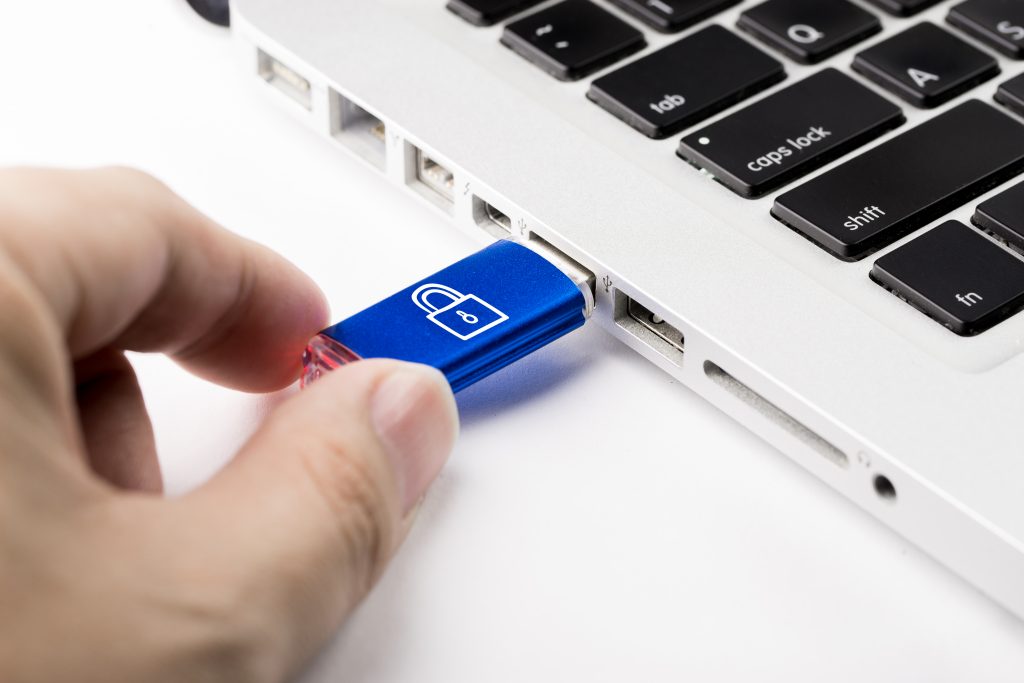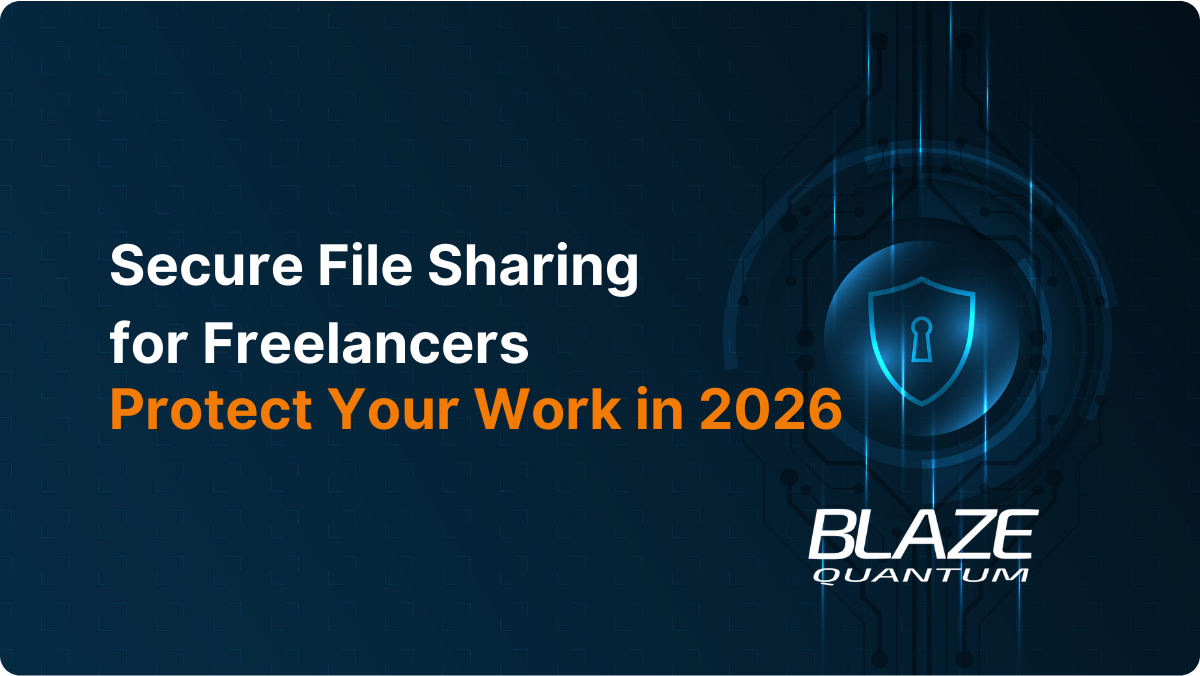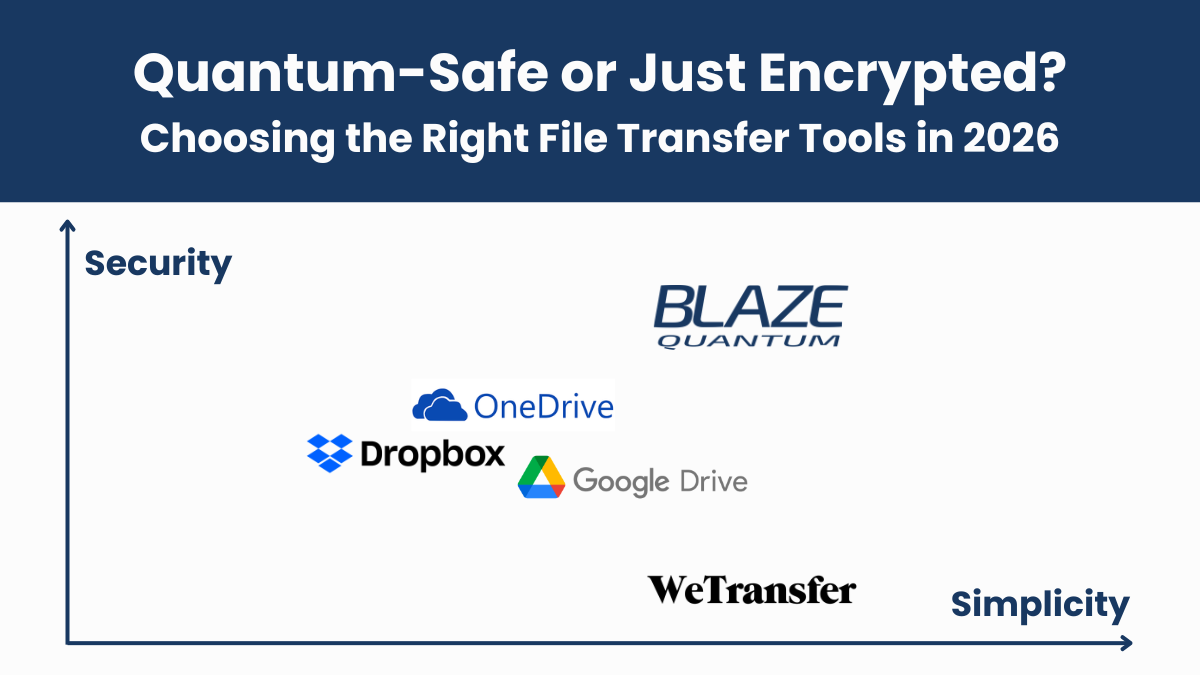The new normal of work-from-home (WFH) has dawned upon us due to the pandemic. As most of the global workforce continues to work remotely, data security has become a top priority for businesses. With the rise of ‘Bring-Your-Own-Device’ (BYOD) culture, employers and employees need to be aware of the inherent security risks that come along with it.
What Is BYOD?

BYOD — or bring-your-own-device — policies let employees use their own mobile devices, such as phones and laptops, for work-related tasks. with a Bitglass study finding that 69 percent of organizations allow this practice. However, it can lead to a lack of visibility into business-related apps (think enterprise messaging tools and file-sharing applications) That is difficult to combat. For many companies, BYOD policies felt like a security nightmare. After all, how could they make sure employees were protecting precious corporate data? From the outside, it seemed that BYOD was a recipe for disaster.
However, BYOD can benefit employees and businesses alike, provided they take the right steps.
Here’s how companies can make sure their BYOD policies are as secure as possible:

- Businesses should only allow access to work-related data and applications on employee-owned devices. This means limiting access to certain sensitive files and applications or using a password-protected portal for accessing corporate systems.
- Businesses must decide whether to allow employees to use their own devices for personal tasks. While this may be more convenient for employees, it could open the business to data breaches. To minimize this risk, businesses should encourage employees to use separate devices for personal and work-related tasks. Not only does this ensure that company data is stored and shared securely, but it also means that employees can take their devices home without worrying about sharing personal information with their employers.
- Businesses must understand that the risk of data breaches is increasing — which is why they should shift to end-to-end encryption file transfer solutions to store and share data. This means that data is encrypted as it moves across networks, encrypting both the data at rest and in transit. So only authorized individuals can access the data, whether it’s stored in the cloud, on a server, or on employees’ personal devices. Blaze is one of the solutions which uses Quantum technologies and is based on Kyber-1024 + 256-bits Elliptic Curve secured key exchange, and 256-bit AES encryption to protect your confidential data.
By following these steps, businesses can make sure their BYOD policies are as secure as possible. Though it may seem like a daunting task at first, businesses should take the time to ensure their data is safe, secure, and accessible to the right people.
CONCLUSION
As we continue to work from home, data security is more important than ever. Companies need to revisit their BYOD policies, security protocols, and encryption solutions to ensure the safety of their data. By doing so, companies can rest assured that their data is secure, and their networks are safe from malicious attacks.





